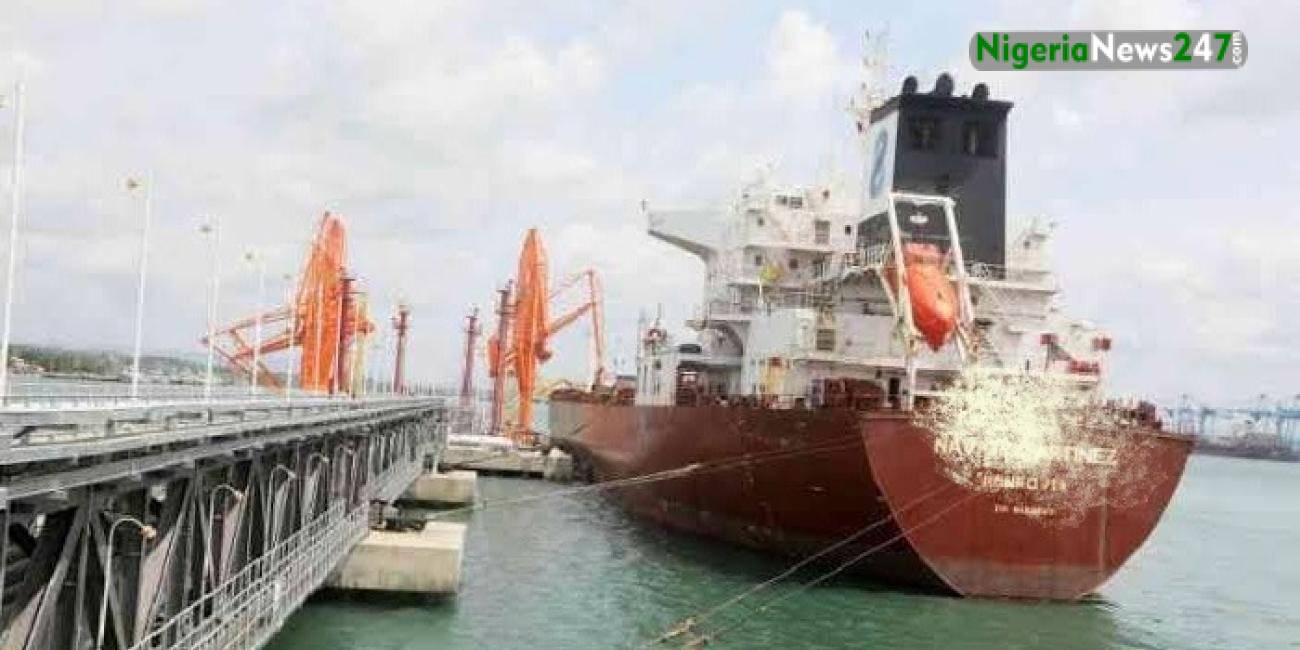ECONOMY
Nigeria on the Brink? How $2.62 Billion Vanishes in 3 Months on Fuel Imports

A recent analysis by SaharaReporters of the Central Bank of Nigeria’s (CBN) monthly economic reports has revealed that Nigeria spent a staggering $2.62 billion on petroleum product imports between November 2024 and January 2025.
In November alone, petroleum imports totaled $0.99 billion. According to the CBN’s report for that month, this represented a 2.01% drop from the previous month. Non-oil imports also saw a slight decline, falling to $2.20 billion from $2.22 billion.
The trend continued into the following months, with petroleum product imports dropping to $0.83 billion in December and further declining to $0.80 billion in January. The January report also highlighted that the industrial sector accounted for the highest share of foreign exchange usage for visible imports, consuming 47.63%, followed by the oil sector (25.91%), food products (12.06%), manufactured goods (8.39%), agriculture (2.47%), transport (1.98%), and minerals (1.57%).
This significant outflow of foreign exchange comes despite ongoing efforts by the Nigerian National Petroleum Company Limited (NNPCL) to boost local refining capacity.
Earlier reports by SaharaReporters indicated that between October and December 2024, Nigeria spent N3.303 trillion on imported refined petroleum — a sharp increase of N1.496 trillion compared to the same period in 2023. This figure dwarfs past spending: N1.558 trillion in Q4 2022, N1.443 trillion in Q4 2021, and N574.8 billion in Q4 2019.
In a bid to reduce dependency on imports, NNPCL announced in November 2024 that the Port Harcourt Refinery had begun processing crude oil. The company’s Chief Corporate Communications Officer, Femi Soneye, said the facility would initially run at 60% capacity, handling 60,000 barrels per day.
This refinery is expected to complement the massive Dangote Refinery, which has a production capacity of 650,000 barrels per day. However, it remains uncertain how much of the Dangote facility’s output is available to the domestic market, given ongoing pricing disputes with NNPCL.
The continued reliance on fuel imports contradicts President Bola Tinubu’s earlier promise to halt importation by February 2024. The Minister of State for Petroleum Resources (Oil), Heineken Lokpobiri, had reaffirmed this pledge during a visit to the Port Harcourt Refining Company in late 2023.
Despite these assurances, the country’s dependence on imported refined petroleum continues to drain foreign reserves and place significant pressure on the naira.







![Top Nigeria Newspaper Headlines Today 25th June 2024 [Tuesday] 87 Nigeria Newspaper Headlines](https://nigerianews247.com/wp-content/uploads/2024/04/Nigeria-Newspaper-Headlines-80x80.png)

![[VIDEO] Tinubu Stumbles while Boarding Presidential Parade Vehicle at Eagles Square 90 Tinubu Stumbles while Boarding Presidential Parade Vehicle at Eagles Square](https://nigerianews247.com/wp-content/uploads/2024/06/Tinubu-Stumbles-while-Boarding-Presidential-Parade-Vehicle-at-Eagles-Square-80x80.jpeg)


You must be logged in to post a comment Login